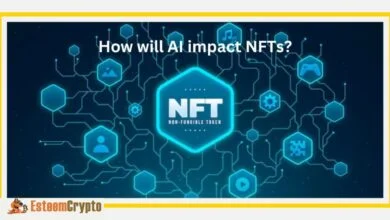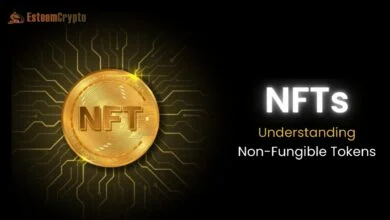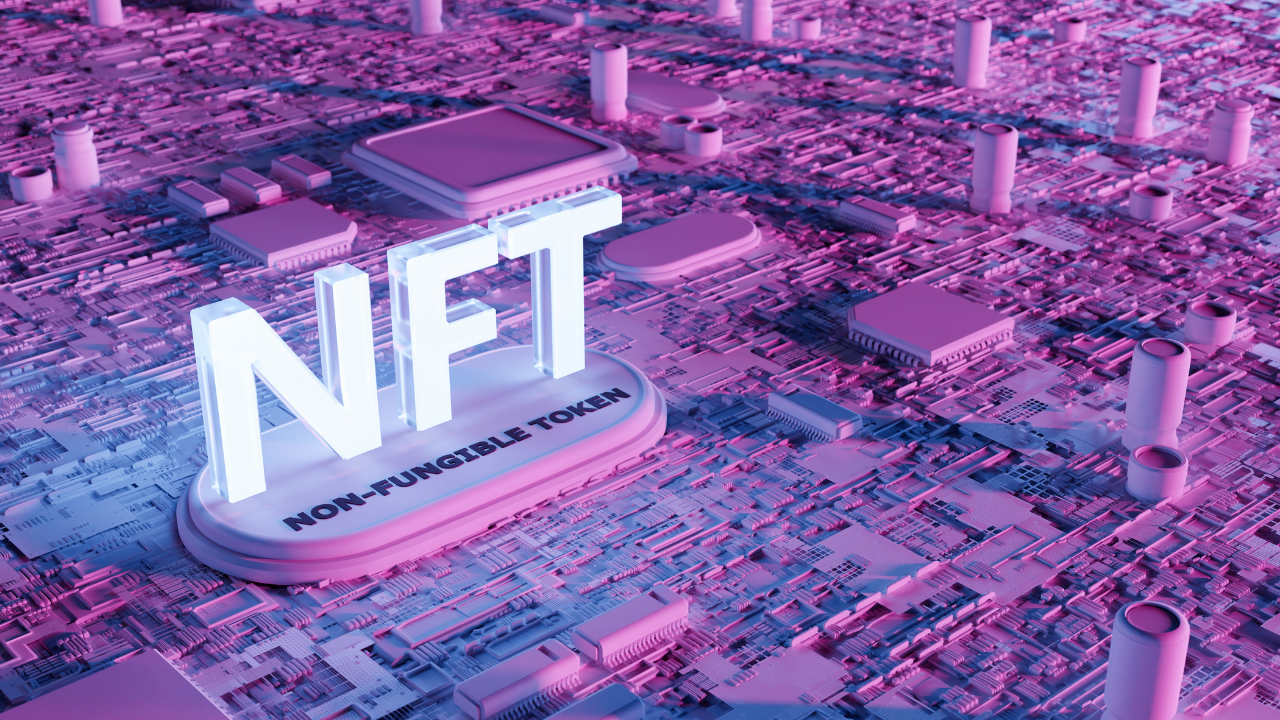The Future of NFTs: Embracing the Future of Digital Ownership
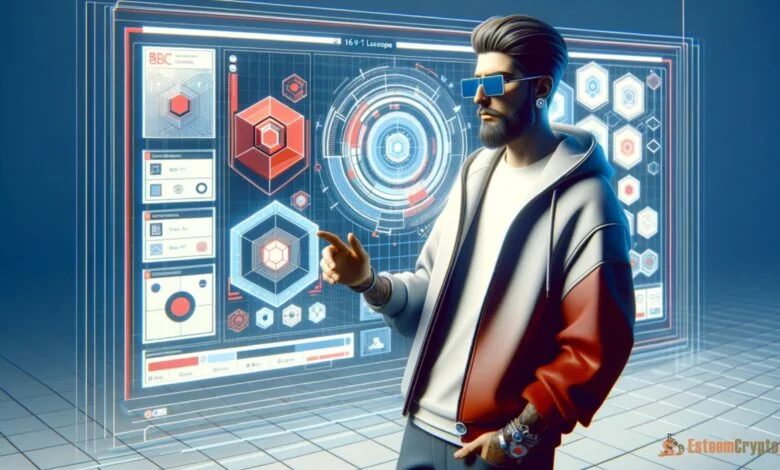
Future of NFTs: The rise of Non-Fungible Tokens (NFTs) has sparked widespread interest, debate, and speculation across various industries. From art and music to gaming and real estate, NFTs have introduced a new paradigm of digital ownership, enabling unique, verifiable assets to be bought, sold, and traded on blockchain networks. As we look to the future, the trajectory of NFTs will be shaped by technological advancements, regulatory developments, and evolving consumer behaviors. This article delves into the key trends and challenges that will define the future of NFTs.
Mainstream Adoption and Integration
NFTs have already begun their journey into the mainstream, but the next phase will see even broader adoption. As blockchain technology becomes more accessible and user-friendly, we can expect NFTs to be integrated into a broader range of applications. For instance, social media platforms may incorporate NFTs to allow users to own and monetize their content, while e-commerce platforms might enable the sale of NFT-based digital products.
Brands and celebrities are also likely to play a significant role in driving NFT adoption. High-profile endorsements and collaborations can introduce NFTs to new audiences, while brands may leverage NFTs as a tool for customer engagement, offering exclusive digital collectibles or experiences. This mainstream integration will help demystify NFTs and make them a part of everyday digital interactions.
Expansion of Use Cases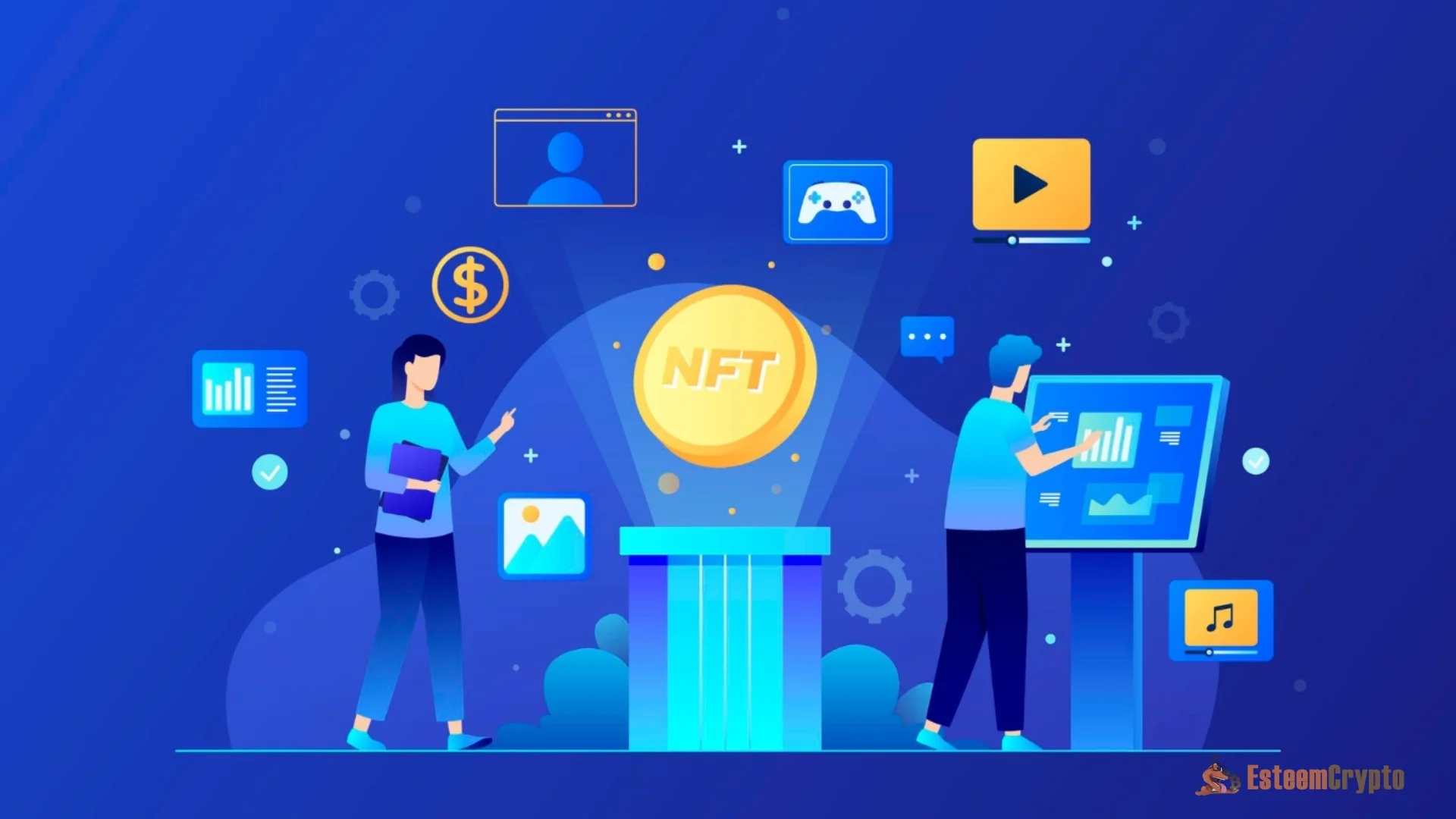
The future of NFTs will be characterized by the expansion of their use cases beyond digital art and collectibles. One promising area is the tokenization of real-world assets. Real estate, for example, can be represented as NFTs, allowing for fractional ownership and more effortless transfer of property rights. This could democratize access to real estate investments and streamline processes like title transfers.
In the gaming industry, NFTs are poised to revolutionize how players interact with in-game assets. Players could own, trade, and sell virtual items and characters across different games and platforms, creating an actual metaverse economy. Additionally, NFTs can be used in supply chain management, where they provide proof of authenticity and ownership for luxury goods, ensuring that products are not counterfeit.
Interoperability and Cross-Chain Solutions
One of the current limitations of NFTs is their confinement to specific blockchain networks, which can hinder their utility and value. The future will likely see the development of interoperability standards and cross-chain solutions, allowing NFTs to move seamlessly across different blockchains. This will increase their liquidity, enable broader adoption, and support the growth of a unified digital economy.
Interoperability will also facilitate the creation of complex ecosystems where NFTs from different domains can interact. For instance, an NFT from a video game could unlock special features in a different platform or virtual world. This cross-platform functionality will drive innovation and open up new possibilities for creators and users alike.
Environmental Impact and Sustainable Solutions
The environmental impact of NFTs, particularly those based on energy-intensive blockchain networks like Ethereum, has been a point of contention. As awareness of climate change and sustainability grows, the NFT community is increasingly seeking solutions to mitigate their carbon footprint. A positive development is Ethereum’s shift to the far more energy-efficient Proof of Stake (PoS) consensus method.
In the future, we can expect more eco-friendly blockchain platforms and tools to support sustainable NFT creation and trading. Additionally, carbon offset initiatives, where NFT projects invest in environmental conservation efforts, could become more common. These efforts will be crucial in ensuring the long-term viability of NFTs in an increasingly eco-conscious world.
Regulatory Landscape and Legal Considerations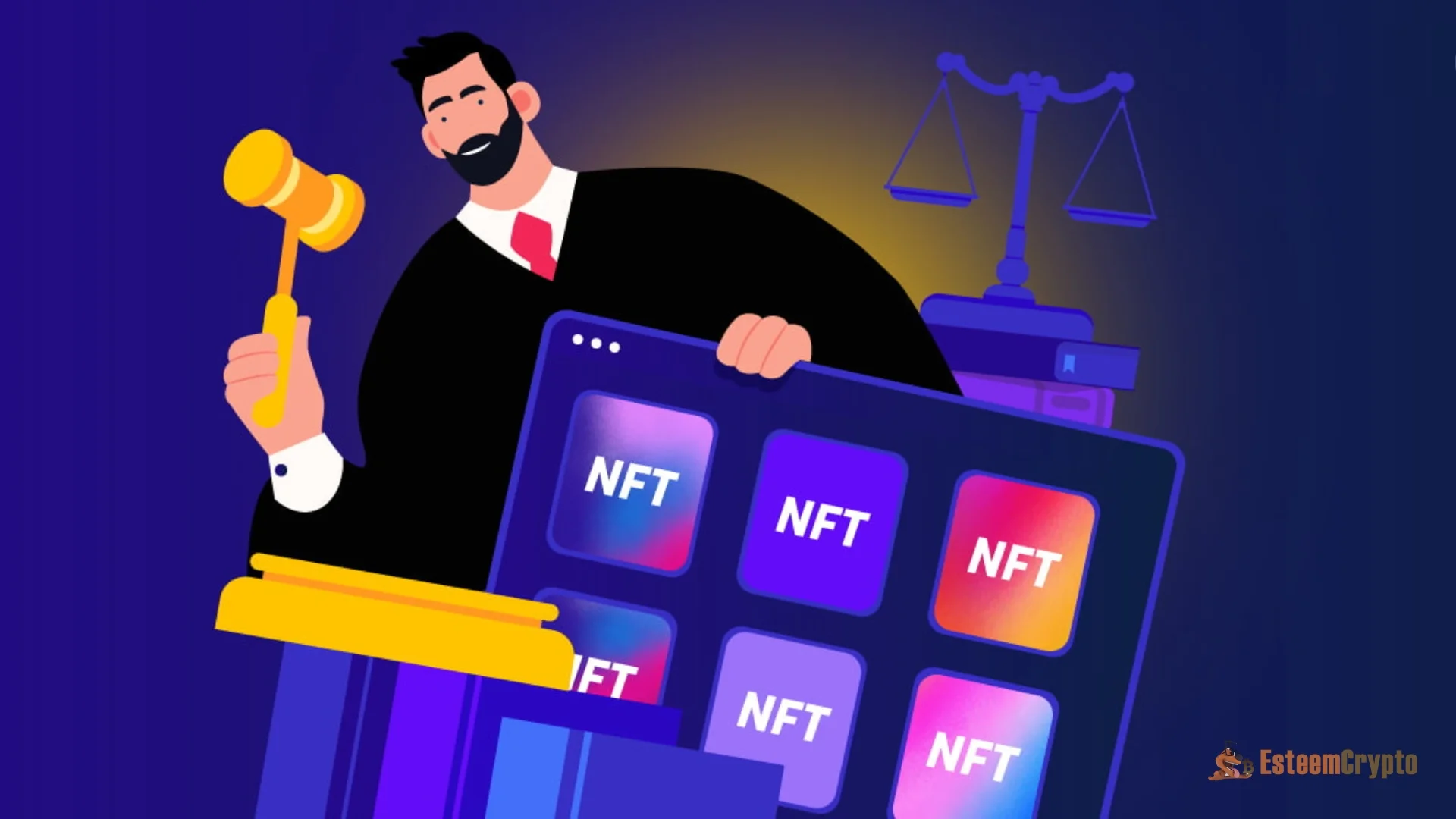
As NFTs gain popularity, they are drawing the attention of regulators around the world. The legal status of NFTs, particularly in relation to intellectual property, taxation, and securities laws, remains a gray area. Different jurisdictions are likely to adopt varying approaches to regulation, which could impact the global NFT market.
In the future, more transparent regulatory frameworks will emerge, providing much-needed guidance for creators, buyers, and platforms. This could include regulations on the disclosure of information about NFT projects, anti-money laundering (AML) requirements, and consumer protection measures. While increased regulation may introduce challenges, it will also lend legitimacy to the NFT space and encourage broader participation by reducing risks for investors.
Enhanced Security and Fraud Prevention
A rise in scams, fraud, and security breaches has unfortunately accompanied the rapid growth of the NFT market. As the market matures, there will be a greater emphasis on security measures to protect users and their assets. This could include advanced authentication protocols, decentralized identity verification, and improved smart contract security to prevent hacks and exploitation.
Platforms and marketplaces will also need to implement stricter vetting processes to ensure the legitimacy of NFTs listed for sale. This might involve partnerships with third-party auditors or the integration of AI-driven tools to detect fraudulent activity. As security improves, user trust in NFTs will grow, supporting the long-term sustainability of the market.
Evolution of NFT Marketplaces
NFT marketplaces have already evolved from niche platforms to bustling hubs of digital commerce. However, the future will bring further transformation as these platforms adapt to changing consumer needs and technological advancements. We may see the rise of specialized marketplaces catering to specific industries or types of NFTs, offering tailored experiences for buyers and sellers.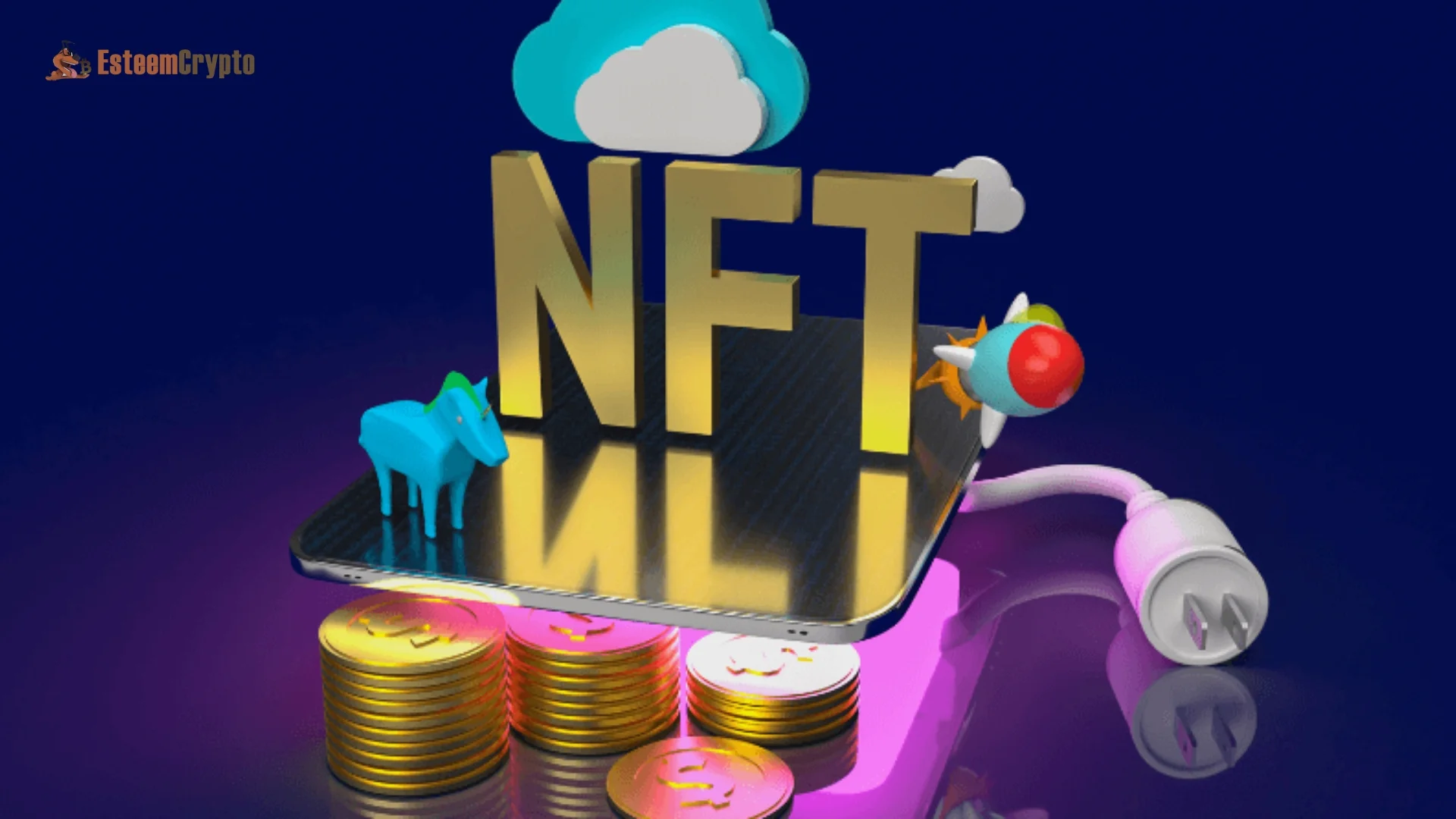
Moreover, the integration of AI and machine learning could enhance the user experience by providing personalized recommendations, improving search functionality, and automating the curation of NFT collections. These innovations will make NFT marketplaces more user-friendly and accessible to a broader audience.
Cultural and Social Impacts
NFTs have already begun to influence culture, particularly in the realms of art, music, and entertainment. As technology becomes more ingrained in society, its cultural and social impacts will deepen. NFTs have the potential to redefine concepts of ownership, value, and creativity, challenging traditional norms and paving the way for new forms of expression.
In the future, NFTs could also play a role in supporting social causes and community-driven projects. Decentralized autonomous organizations (DAOs) built around NFTs could fund social initiatives, support artists and creators, or provide resources for underrepresented communities. This social dimension of NFTs will be an essential aspect of their evolution, highlighting the potential for blockchain technology to drive positive change.
Conclusion
The future of NFTs is filled with potential and challenges. As they continue to evolve, NFTs will reshape industries, redefine digital ownership, and influence culture in profound ways. The path forward will require innovation, collaboration, and a commitment to addressing the environmental, legal, and security concerns that accompany this rapidly growing market. Ultimately, NFTs are poised to become a cornerstone of the digital economy, offering new opportunities for creators, consumers, and businesses alike.

